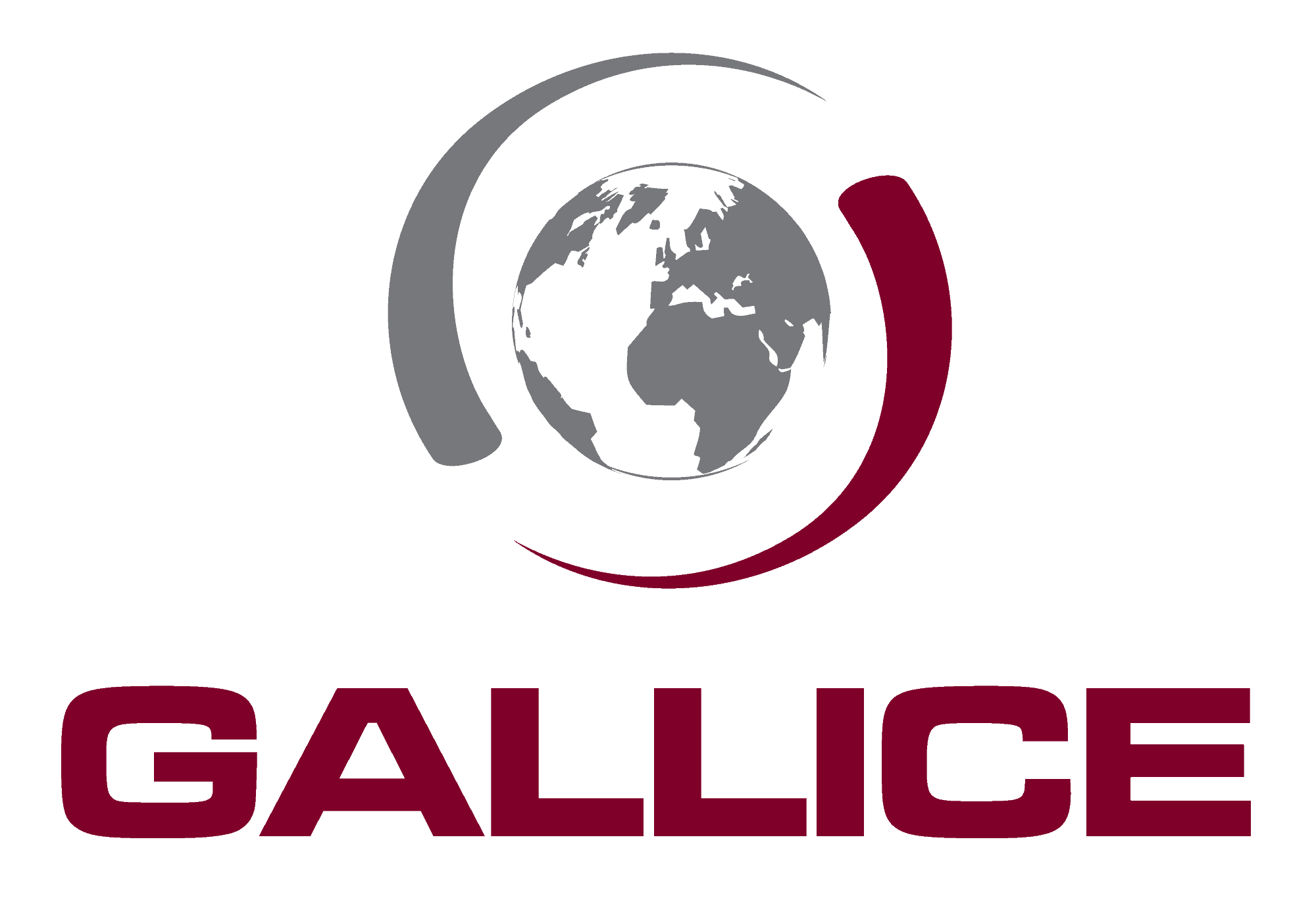UZBEKISTAN
In 2025, Uzbekistan continues its cautious political and economic reform under President Shavkat Mirziyoyev. Since assuming power in 2016, Mirziyoyev has distanced the country from the repressive policies of his predecessor Islam Karimov, but his rule remains authoritarian.
The 2023 constitutional referendum allowed him to reset presidential term limits, enabling him to potentially stay in power until 2040. This move, while widely criticised, has not sparked major unrest due to tight state control over media and civil society.
Economic modernisation is progressing, especially in infrastructure, agriculture, and digitalisation. However, corruption, bureaucracy, and weak rule of law remain significant obstacles. Foreign investment is growing, particularly from China, Russia, and Turkey.
Tensions persist in the autonomous region of Karakalpakstan, which experienced deadly unrest in 2022 following an attempt to remove its right to secede. Since then, the government has increased surveillance and repression in the region.
Security-wise, Uzbekistan is relatively stable. However, the risk of terrorism, especially from groups based in Afghanistan, cannot be ruled out. Border areas with Afghanistan and Kyrgyzstan are particularly sensitive due to drug trafficking and occasional clashes.
Ordinary crime levels are low, but police presence is heavy, and foreigners may be subject to surveillance or arbitrary checks. All public expressions of dissent are suppressed, and freedom of the press is tightly restricted.
Travel in Uzbekistan is generally safe, especially in tourist areas like Samarkand, Bukhara, and Tashkent. However, political caution is essential: avoid discussing sensitive topics, photographing government buildings, or engaging in protest-related activities.
